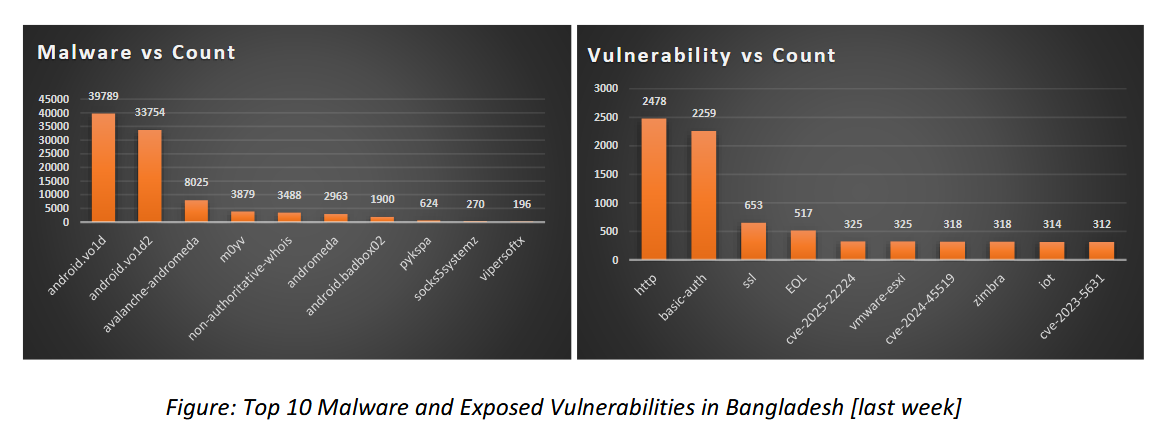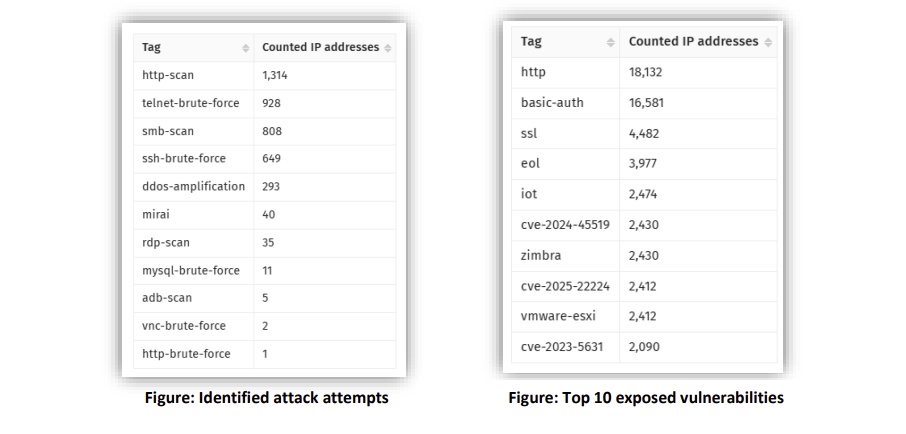Multiple Vulnerabilities in Mozilla Firefox and Thunderbird Could Allow for Arbitrary Code Execution
by CIRT Team
DESCRIPTION:
Multiple vulnerabilities have been discovered in Mozilla Firefox, Firefox Extended Support Release (ESR), and Thunderbird, the most severe of which could allow for arbitrary code execution. Mozilla Firefox is a web browser used to access the Internet. Mozilla Firefox ESR is a version of the web browser intended to be deployed in large
organizations. Mozilla Thunderbird is an email client. Successful exploitation of the most severe of these vulnerabilities could allow for arbitrary code execution. Depending on the privileges associated with the user an attacker could then install programs; view, change, or delete data; or create new accounts with full user rights. Users whose accounts are configured to have fewer user rights on the system could be less impacted than those who operate with administrative user rights.
IMPACT:
Multiple vulnerabilities have been discovered in Mozilla Firefox, Firefox Extended Support Release (ESR), and Thunderbird, the most severe of which could allow for arbitrary code execution. Details of these vulnerabilities are as follows:
* JavaScript unexpectedly enabled for the composition area (CVE-2021-43528)
* URL leakage when navigating while executing asynchronous function (CVE-2021-43536)
* Heap buffer overflow when using structured clone (CVE-2021-43537)
* Missing fullscreen and pointer lock notification when requesting both (CVE-2021-43538)
* GC rooting failure when calling wasm instance methods (CVE-2021-43539)
* WebExtensions could have installed persistent ServiceWorkers (CVE-2021-43540)
* External protocol handler parameters were unescaped (CVE-2021-43541)
* XMLHttpRequest error codes could have leaked the existence of an external protocol handler (CVE-2021-43542)
* Bypass of CSP sandbox directive when embedding (CVE-2021-43543)
* Receiving a malicious URL as text through a SEND intent could have led to XSS (CVE-2021-43544)
* Denial of Service when using the Location API in a loop (CVE-2021-43545)
* Cursor spoofing could overlay user interface when native cursor is zoomed (CVE-2021-43546)
Successful exploitation of the most severe of these vulnerabilities could allow for arbitrary code execution. Depending on the privileges associated with the user an attacker could then install programs; view, change, or delete data; or create new accounts with full user rights. Users whose accounts are configured to have fewer user rights on the system could be less impacted than those who operate with administrative
user rights.
SYSTEM AFFECTED:
* Mozilla Firefox versions prior to 95
* Firefox ESR versions prior to 91.4
* Thunderbird versions prior to 91.4
RECOMMENDATIONS:
We recommend the following actions be taken:
* Apply appropriate updates provided by Mozilla to vulnerable systems immediately after appropriate testing.
* Run all software as a non-privileged user (one without administrative privileges) to diminish the effects of a successful attack.
* Remind users not to visit un-trusted websites or follow links provided by unknown or un-trusted sources.
* Inform and educate users regarding the threats posed by hypertext links contained in emails or attachments especially from un-trusted sources.
* Apply the Principle of Least Privilege to all systems and services.
REFERENCES:
https://www.mozilla.org/en-US/security/advisories/mfsa2021-52/
https://www.mozilla.org/en-US/security/advisories/mfsa2021-53/
https://www.mozilla.org/en-US/security/advisories/mfsa2021-54/
Published: 5 January 2022, 15:30:11 BST











